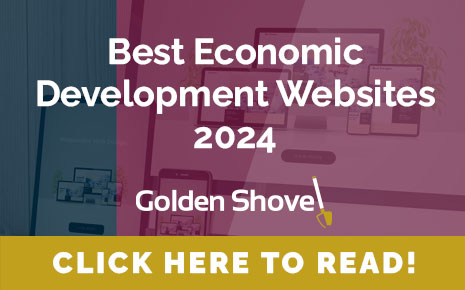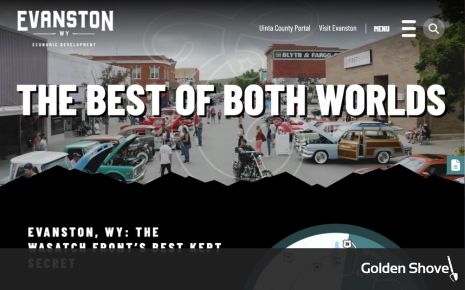Nurturing Economic Growth Through AI-Powered Workforce Development

11 Dec 2023
News, AI/ChatGPT, Workforce
Workforce development stands at the heart of any region’s economic vitality. It is the cornerstone on which businesses, industries, and communities build their future. In the age of AI and advanced technology, leveraging AI for workforce development has become an option and a strategic imperative for EDOs.
AI in Skills Gap Analysis
Identifying and addressing skills gaps is essential to workforce development. EDOs can use AI to analyze labor market data and job postings to pinpoint areas demanding specific skills. By collecting and processing data on job requirements and the skills of the local workforce, AI can highlight disparities, enabling organizations to target training programs more effectively.
Example
In City A, economic developers partnered with an AI-powered analytics platform to assess the local job market. The platform analyzed job postings and compared them to the skills of the available workforce. This data-driven approach revealed a high demand for digital marketing skills. With this information in hand, the city established training programs for residents, increasing digital marketing expertise and attracting businesses in the tech sector.
AI-Driven Personalized Training
AI’s pivotal role in personalized training revolves around its capability to analyze extensive data sets, comprehend individual learning patterns, and predict skill requirements. This proactive approach enables EDOs to design training initiatives that are finely tuned to the unique attributes and aspirations of the local workforce.
Identify Individual Learning Paths
Ask ChatGPT to generate prompts such as:
Prompt: “Devise a training program tailored to individual learning styles in a diverse workforce.”
AI algorithms can analyze historical data on individual learning trajectories, considering factors like preferred learning styles, pace of progress, and areas of strength or challenge. These data-driven insights allow EDOs to tailor training programs that resonate with each participant, fostering a more engaging and effective learning experience.
Adapt to Industry Trends in Real Time
Seek AI’s assistance with prompts like:
Prompt: “Create a dynamic training curriculum that adapts in real time to emerging industry trends.”
AI can continuously monitor changes in the job market and industry trends. By staying attuned to the latest developments, EDOs can adjust training content dynamically to align with emerging skill demands. This real-time adaptability ensures that training programs remain relevant and responsive to the evolving needs of businesses and industries.
Successful Implementation: City A’s Digital Marketing Skills Initiative
A prime example of AI-driven personalized training’s impact can be seen in City A, where economic developers collaborated with an AI-powered analytics platform. Utilizing advanced algorithms, the platform scrutinized job postings and evaluated the existing skill sets of the local workforce.
Data-Driven Insights
The analysis, prompted by queries like:
Prompt: “Analyze job posting to identify skill gaps in the local workforce.”
Revealed a substantial demand for digital marketing skills in City A’s job market, signaling an opportunity for strategic intervention.
Tailored Training Programs
Prompt AI with:
Prompt: “Design training programs specifically tailored to address identified skill gaps in digital marketing.”
Armed with this data, the city implemented targeted training programs designed to enhance digital marketing expertise among residents. The personalized nature of these programs ensured that participants acquired skills aligned with the identified demand, maximizing the impact on both individual career growth and the city’s economic landscape.
Attraction of Tech Sector Businesses
Prompt AI to explore:
Prompt: “Assess the impact of digital marketing skill development on attracting tech sector businesses.”
The initiative's success attracted businesses in the tech sector, drawn to the pool of skilled professionals nurtured through personalized training programs. This addressed the skills gap and positioned City A as an attractive hub for digital talent.
The Future of Workforce Development
As AI advances, the potential for personalized training in workforce development becomes even more promising. Integrating AI-driven insights ensures that EDOs can stay ahead of evolving skill requirements, fostering a workforce that is prepared for current challenges and adaptable to the dynamic demands of the future job market. AI-driven personalized training is a strategic imperative, propelling economic developers toward a future where skill development is finely tuned to the pulse of technological innovation and industry evolution.
More Topics


Best Economic Development Websites for 2024
Dec 8 2023


